The first time I saw a B-Corp logo was on a delicious tub of Ben & Jerry’s cookie dough ice cream, my most potent “self-care” vice and something I can’t normally keep in the house because of genetically weak ice-cream willpower. Then I started seeing the same bold B emblazoned on products from other companies I respected: Patagonia, New Belgium Brewing, Cotopaxi…and it got me thinking, what was this B thing all about?
B-Corp certification is…well, a certification. Created in 2006 by a non-profit organization called B-Labs, its mission (in their own words) is to "transform the global economy to benefit all people, communities, and the planet,” which sounds very inspiring, but also not terribly specific. Here’s my take. They are an independent reviewer who analyzes businesses based on a rubric they created, sort of like getting a grade from a teacher. If your grade is high enough, you get the diploma, or in this case, the certification. If not, you can go back to school and try again.

The mystical B from my cookie dough dreams
As an ocean scientist who stumbled into business, I’ve always been skeptically intrigued by these kinds of certifications, especially as they relate to the environment. What are the standards based on? Who decides the criteria? The scene from Tommy Boy where Chris Farley tells a potential brake pad retailer “If you want me to take a dump in a box and mark it guaranteed, I will! I’ve got spare time” echoes in my brain.
Are these certifications just a sophisticated form of greenwashing?
After years of lurking from the sidelines I realized I would never have my answer until we actually did it, so last year we dove in head first and got B-Corp certified to hopefully learn new ideas on how to make Waterlust better. This article is an overview of what our experience was like and my personal, unfiltered perspective on B-Corp certification.
And at the end, I’ll let you know what I learned and whether I think it’s worth it.

Here is a generic business image that is supposed to show "certification". B-Labs didn't actually send us a stamp when we got B-Corp certified, but now I kind of want one!
How the B-corp certification process works
Currently, the B-corp certification process can be broken down into two phases. I say currently because B-Labs is overhauling their certification standards and it sounds like it will be changing a lot in the coming years. But at the time of this writing, Phase 1 is the process where your company fills out what is called the B Impact Assessment, or BIA. The BIA is essentially a jillion questions that you need to answer across the categories of governance, workers, community, environment and customers. Each question has a certain amount of points up for grabs, and how you answer it will determine how many of those points you get. Phase 2 is where independent reviewers from B-Lab review your BIA answers and request evidence to make sure you’re telling the truth. It’s basically an audit. And after everything is done, the points are added up and you get a score. If it’s over 80, you can become B-Corp Certified after paying a fee.
The fee part is interesting to me because it shows that at the end of the day, certifications are a business too. Based on our business size, which is tiny, we’re paying $2,000 for 3 years of certification. Bigger businesses pay more. B-Labs states on their website that they have more than 150,000 companies participate. So even if we assume they’re all tiny like us, that equates to $300 million in certification fees.
Point being, certifications in the age of businesses trying to be more responsible, is itself, big business. I think this point is important. There is an inherent conflict of interest in any organization that is trying to make itself the go-to standard for goodness while also earning revenue from it. It’s like a Harvard admissions officer telling a high schooler that spending a quarter million dollars on tuition for an undergraduate degree is a wise investment in their future. Maybe it is, maybe it isn’t. It depends on the student. Harvard’s job is to sell Harvard, just as B-Lab’s job is to sell B Corp Certification.
Cynical? Yes.
Accurate? Also yes.
This is why I approached the certification process with skepticism as opposed to assuming their claims of awesomeness were true. I needed to make that assessment for myself.
OUR PROCESS
After years of being “B-Corp curious,” we finally made the leap after connecting with the University of Florida’s Business For Good Lab. Led by Dr. Kristin Joys and launched in 2019, this experiential learning program pairs undergraduate and graduate students with Florida businesses to help them navigate the BIA to become B-Corp Certified. Since Waterlust grew from and maintains deep roots in academia, it seemed like a perfect fit.
We applied and thankfully were accepted!
Three enthusiastic students were assigned to Waterlust, and we began meeting weekly to answer the many questions on the BIA. Our goal was to answer every question as accurately as possible and create action plans for goals we weren’t quite reaching yet, but could with some simple changes. Things like creating a more robust employee handbook, modifying our owner’s operating agreement, and creating formal policies to limit corporate travel and its associated emissions were examples of low-hanging fruit that could earn us some additional points. After a few months working together, we had completed our first pass of the BIA and created a list of action items to work on. Shoutout to Aditi, Joseph and Sierra for all their hard work!

Most of my B-Corp certification journey looked like this, mundane computer work at the desk. Fortunately, I had a great teammate. And yes, I rock Crocs + Socks.
Finishing a first pass of the BIA, however, left us confused. Our biggest pain point was whether questions around environmental standards like emissions and water use applied to our entire supply chain or just our administrative offices. As a clothing brand, we assumed the entire supply chain would be closely analyzed, but we weren’t sure how to do it. How do you calculate the emissions associated with recycling old bottles into polyester fibers at a massive plant or the water needed to harvest organic cotton from various farms and turn it into fabric?
This wrestling with methodology continued through a second, more detailed pass of the BIA by our team. On this second review, we tried to confront the brutal truths of each question and make sure we weren’t being aspirational in our answers. Whether we could provide documented proof of a policy, standard, or process became our north star, and we tweaked our answers accordingly.
Once we answered the questions to the very best of our ability, we clicked submit. Shortly after we were assigned a reviewer and the audit process began. The staff at B-Labs were courteous, professional, and transparent. However, it’s worth mentioning that there were a number of mistakes made, like assigning us the wrong business sector, using incorrect data when assessing a question about livable wages in Miami, and confusion over material certifications. I bring this up not to be overly critical, these were small and reasonable mistakes that anybody might have made while swimming through the sea of corporate minutia we threw at them. I mention them as a tip for any reader contemplating their B-corp journey. Nobody knows your business better than you. Don’t assume the reviewers will get everything right. It’s up to you to check their work.

B-Corp certification puts your business under a microscope, but be sure to check their work too. Mistakes can happen.
Fortunately, B-Labs’s staff is easy to work with and open to feedback. We went back and forth on a number of points, sometimes agreeing on a perspective and sometimes not. It was a respectful tug-of-war not dissimilar to academic peer review, and overall, I found it interesting and thought-provoking.
In the end, we earned 120.7 points, a respectful performance and far above the 80-point requirement for becoming a B-Corp. It was also higher than industry-leading companies like Patagonia earned on their first assessment, which for a small company run by ocean-scientists-turned-business people, made us feel pretty good.
So was it worth it? Should every business sip the B-Corp cool-aid and get certified?
Before I give you my final takeaway, let’s explore some pros and cons of the process from my perspective. Let’s start with the cons.
THE CONS
The One Size Fits All Problem - The biggest challenge in my view with B-Corp certification and the rubric of the BIA is that B-Labs is trying to create a standard that applies to most businesses, even though most businesses are radically different from one another. Standards like paying your employees a living wage are universal while trying to quantify the emissions impact of an accounting firm with one office requires a different approach than an apparel company with a global supply chain. For this reason, there were standards that in my view, missed the mark in what they were trying to achieve. For example, our headquarters uses minimal water, we have 2 toilets and one water fountain. Meanwhile growing organic cotton and turning it into T-shirts uses a good deal of water. But based on the BIA, if we simply record how much water our office uses, we earn a bunch of points. But using a responsible cotton supplier that conserves more water than industry standards earned us none. More on this later…
The Cumulative Grade Problem - In order to become B-Corp certified, a business must earn 80 points across five focus areas, but they are not required to meet a minimal threshold in any of them. This is like handing out diplomas based solely on a student's overall GPA instead of passing all their classes. Should a student who is a genius at math but can’t read get a diploma? I’d argue no. Just as a company that pollutes excessively but has really great employee benefits shouldn’t get B-Corp certified. Fortunately, B-Labs is well aware of this issue and is trying to address it in the next evolution of its assessment standards.
The Supply Chain Problem - My biggest criticism of B-Corp certification is the disconnect between a brand and its supply chain. B-Corp currently encompass 5 business sectors: 1) Service with a Minor Environmental Footprint, 2) Service with a Significant Environmental Footprint, 3) Wholesale/Retail, 4) Manufacturing, and 5) Agriculture. Based on their definition, Waterlust is a wholesale/retailer because we are “a company that sells physical products and does not own or operate the manufacturing processes or facilities responsible for the creation of those physical goods”. Or in other words, we’re being treated the same as a grocery store that sells other brand’s goods. Which seems weird, since we closely oversee the manufacturing of our products. This might be a surprise to you, but many brands, arguably MOST brands, don’t own or operate their factories. Instead, they hire other businesses to manufacture their products, the collection of which is referred to as a supply chain. The main reason this happens is economic. Most brands aren’t big enough to keep a factory filled with employees busy year-round, whereas a factory that serves multiple brands can be.
Overall, I don’t think we were held accountable enough for our supply chain. Sure, there are some standards in the BIA that capture supply chain dynamics, like using certified recycled materials or sourcing materials geographically close to where they are sold. But in general, the supply chain was glossed over in my opinion. From what I could tell, our suppliers didn’t necessarily need to pay living wages or abide by environmental standards in order for us to get the same B-Corp score. That seems like a miss.
On the flip side, if your company is categorized as a manufacturer, defined as “a company that manufactures >10% of its own products for sale or manufactures products for sale by another company or brand,” you are held accountable to a much higher degree for the impacts associated with creating your products. You can see this for yourself on the B-Corp lookup tool. Businesses in the retail/wholesale sector tend to have higher B-Corp scores than those in the manufacturing sector, even if they both sell the same products.
So what do I recommend? Here is where I need to acknowledge some things. Assessing the standards of an entire supply chain is incredibly hard and time-consuming. If we had been required to take deep dives into all of our suppliers and provide evidence related to their business practices, the B-Corp certification process would have taken years longer. It also would drive up administrative costs significantly, so I understand why it isn’t done this way. But it also seems like it could be improved. One workaround idea is to give significant point bonuses to brands that work with manufacturers that are themselves B-Corp certified.

THE PROS
Better Than Nothing - B-Corp certification is incredibly detailed, and while it is probably clear by now that I am critical of some of its standards, it is arguably the most comprehensive social and environmental business assessment in the world today. I can confidently say our business has improved because of what we learned from it.
Open to Feedback - The B-Corp process is driven by community engagement, and upon getting certified we were immediately informed about how to have our voice heard in various forums. From what I can tell, this is not an organization where member businesses receive their certification and are expected to sit quietly in the corner. So far, every time I have shared critical feedback about a standard, it has been met with respect, openness, and avenues to voice that perspective further. To me, this commitment to sharing ideas and incremental improvement is a good sign and will help make the B-Corp standards better and better.
Checking Your Blind Spots - Every organization has its strengths and weaknesses. At Waterlust, much of our team has extensive experience in the sciences, but significantly less experience in, cough… business administration. The BIA was super useful in illuminating our blind spots and providing resources to make improvements. For us, this applied mostly to administrative topics like writing down company policies, improving philanthropic transparency, and formalizing various processes.
The Power of a Baseline - One of the simplest yet most powerful elements of B-Corp certification is that it enables a business to define its baseline and build on it. This makes it much more straightforward to commit to incremental improvement, which is one of our core values and essential to tackling the environmental crisis.

Finding out that we were officially B-Corp Certified!
Is B-Corp Certification worth it?
After about a year of work, do I think B-Corp certification was worth it? For us, I would say it was, but that might not be true for your business. If you recall at the beginning of this article, I mentioned that our goal of pursuing the certification was to learn and get inspired, so did that happen?
Yes and no…
As it relates to business administrative stuff, the BIA is full of great ideas and we’re excited to start implementing many of them. These are initiatives that, if we’re to be honest with ourselves, we probably wouldn’t have come up with on our own. And in retrospect, that isn’t all that surprising because again, our team has more experience in marine science and environmental conservation than it does in running businesses. So for us, the B-Corp certification process absolutely succeded in shining light on our blind spots and helping us improve.
Which leads to my second point. As it relates to making our business better for the environment, I'd have to say that we didn’t really learn anything we didn’t already know. Part of this is because of the BIA’s disconnect between our brand’s operational footprint and its supply chain footprint that I ranted about earlier, but I think it’s also a function of what our team’s core competencies already are. We have a lot of experience in ocean conservation and have spent over ten years thoughtfully building an apparel business that aims to do the least environmental harm while also supporting the marine science community. So in a way, it’s both disappointing and reassuring to not have had a lot of “we never thought of that!” moments when navigating the environmental aspect of the BIA and the B-Corp certification process.
And finally, is B-Corp certification something I would recommend to other businesses?
It depends.
If your business is trying to improve and is at a stage in its life where your team has the capacity to formalize policies, institutionalize standards, and spend a LOT of time on paperwork. Then yes, I think B-Corp certification is worth considering. But if you’re early in the bootstrapping phase, ending each day with a longer to-do list than when it started, and just trying to build momentum and survive, I’d probably stay focused on that and wait until things settle down before opening up the B-Corp can of worms.

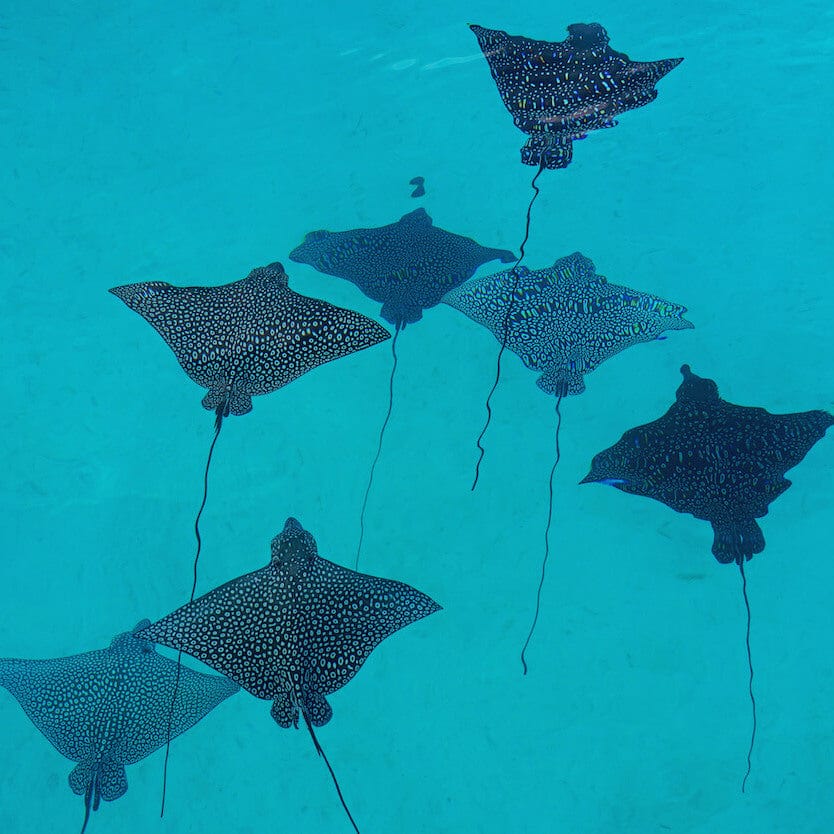



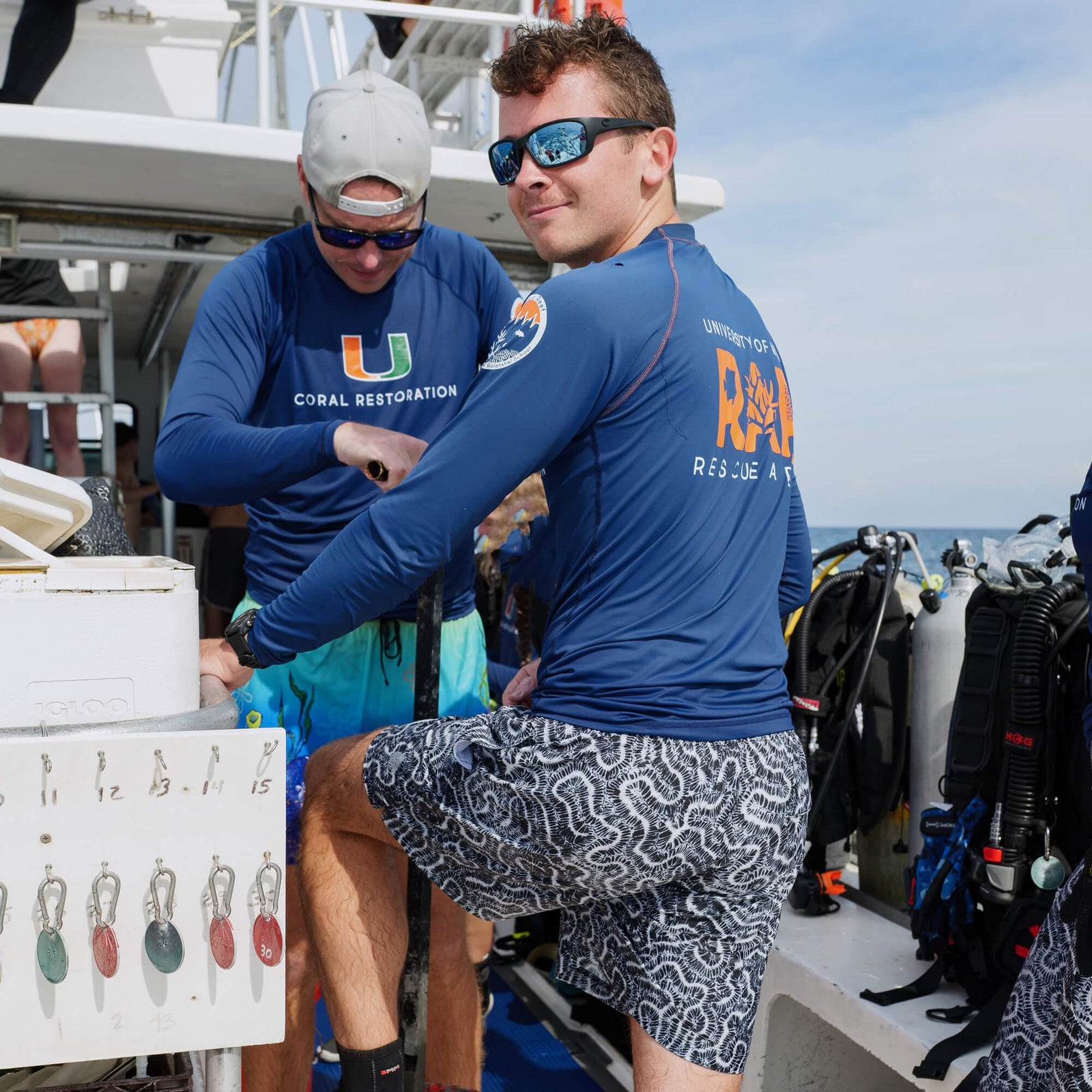
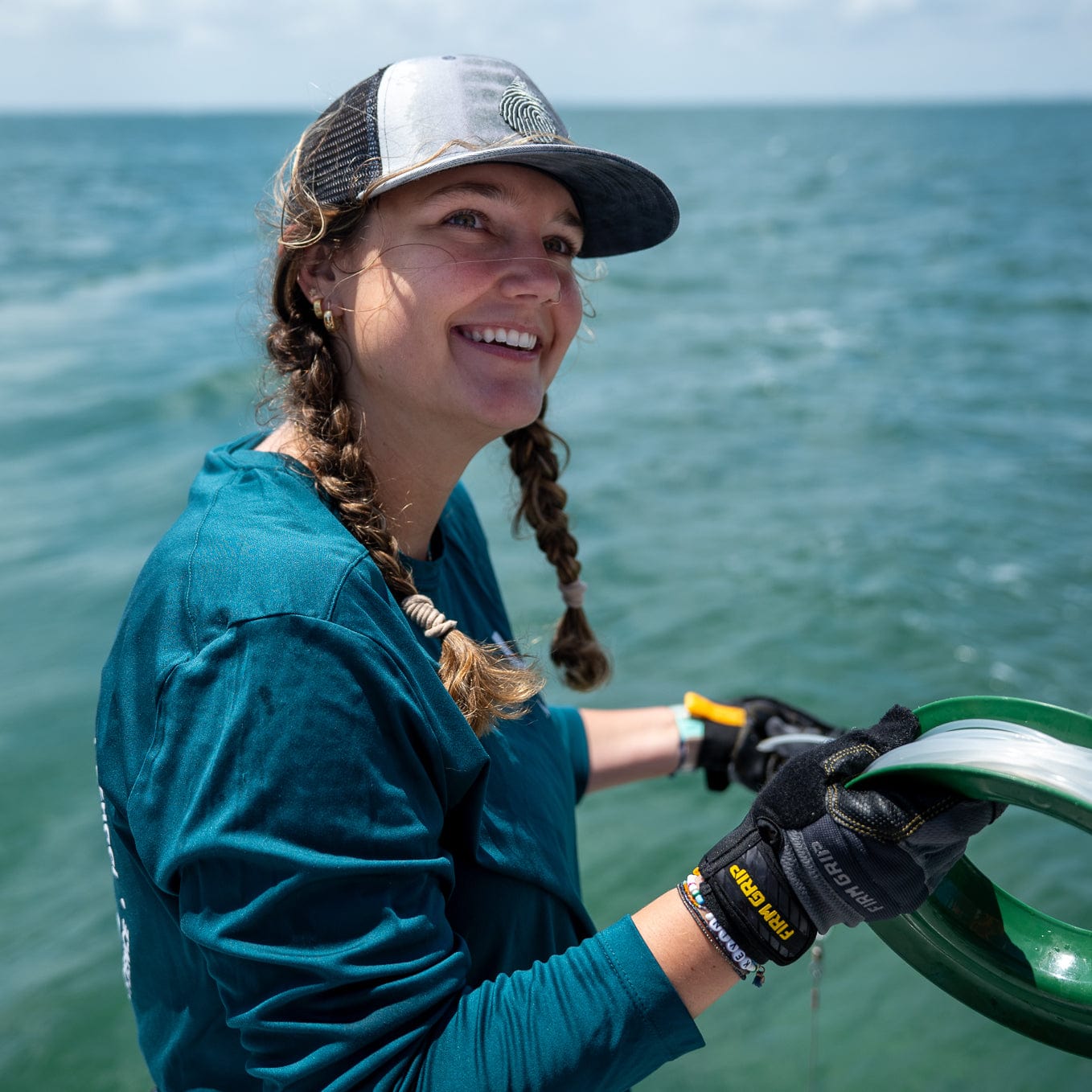













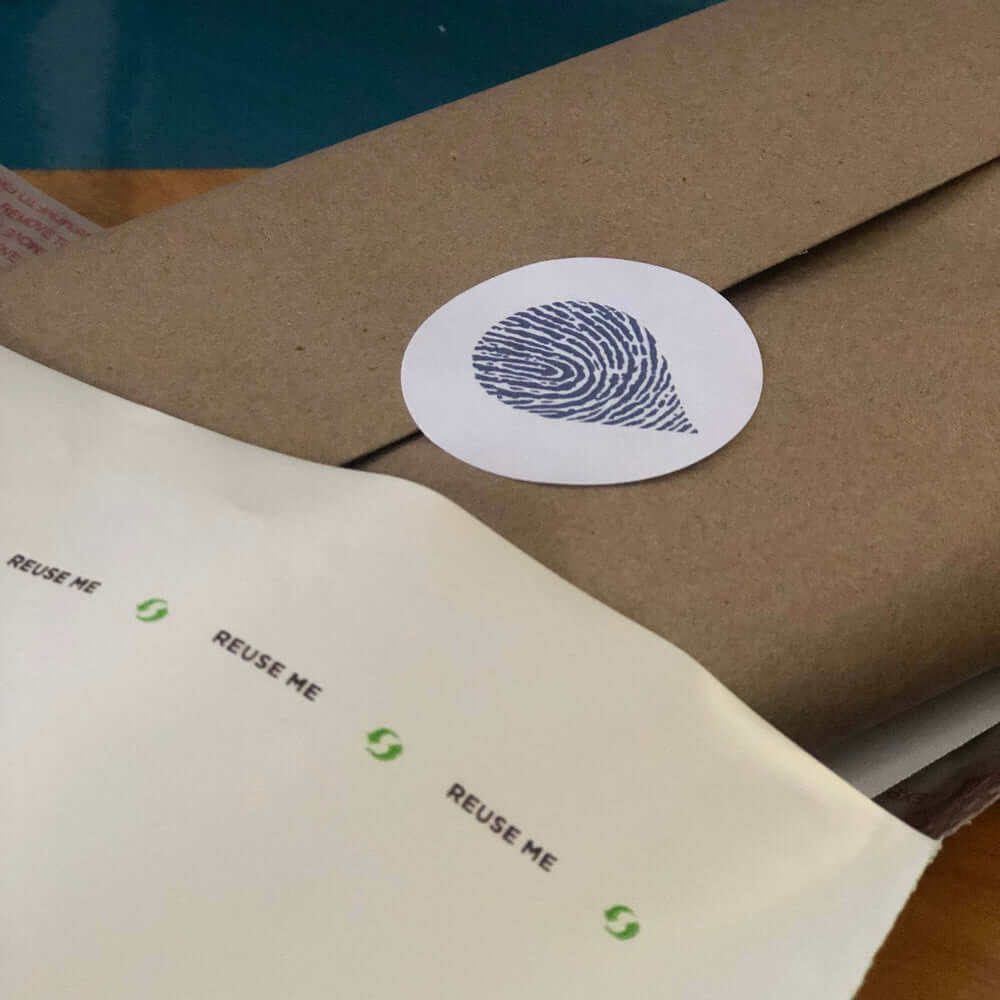



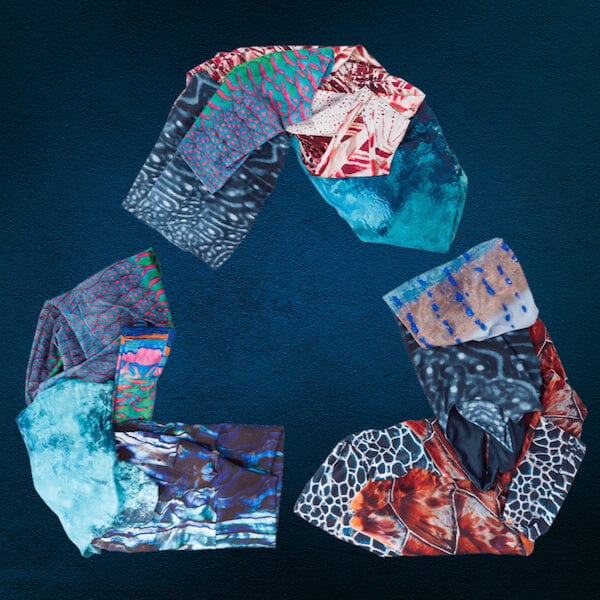





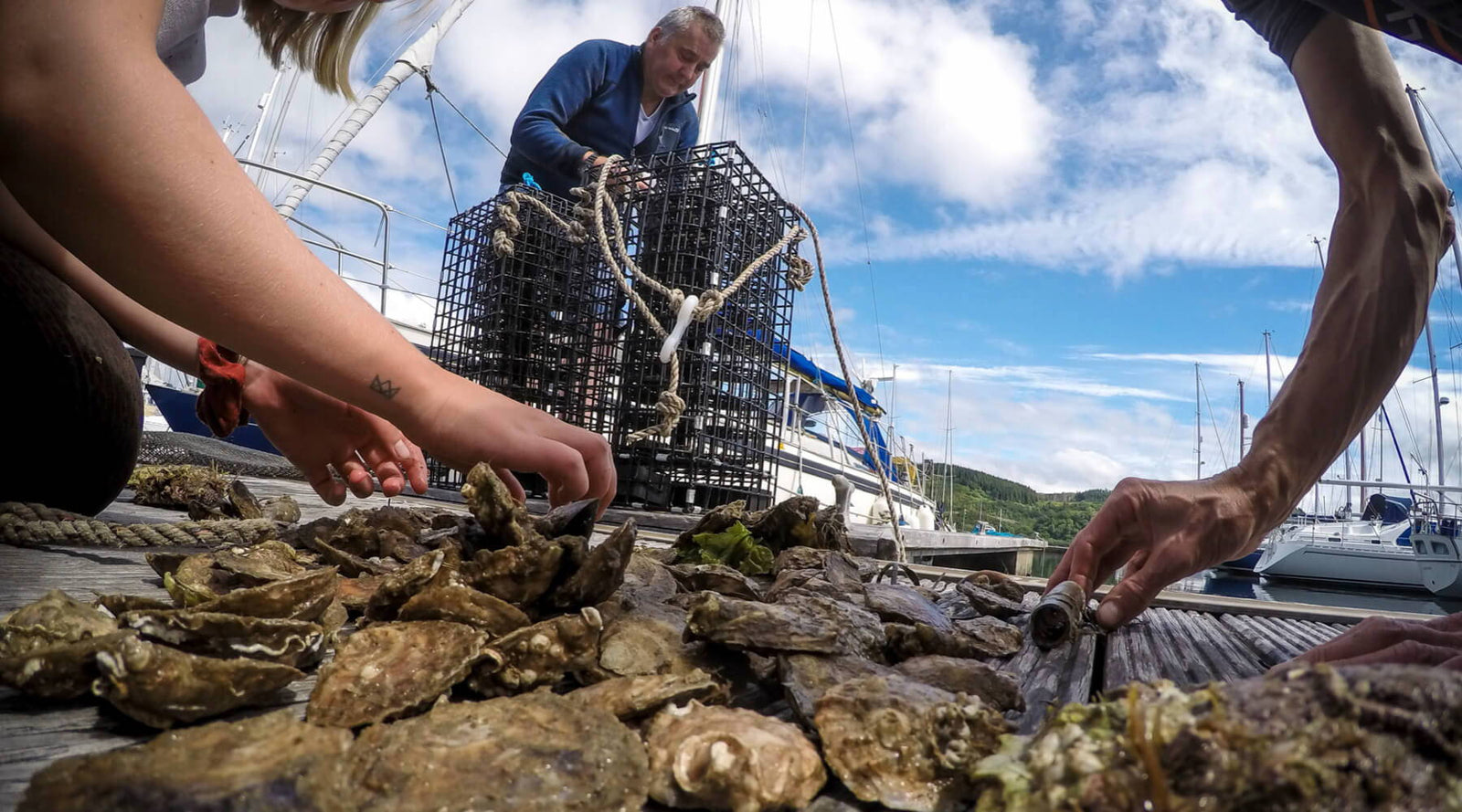
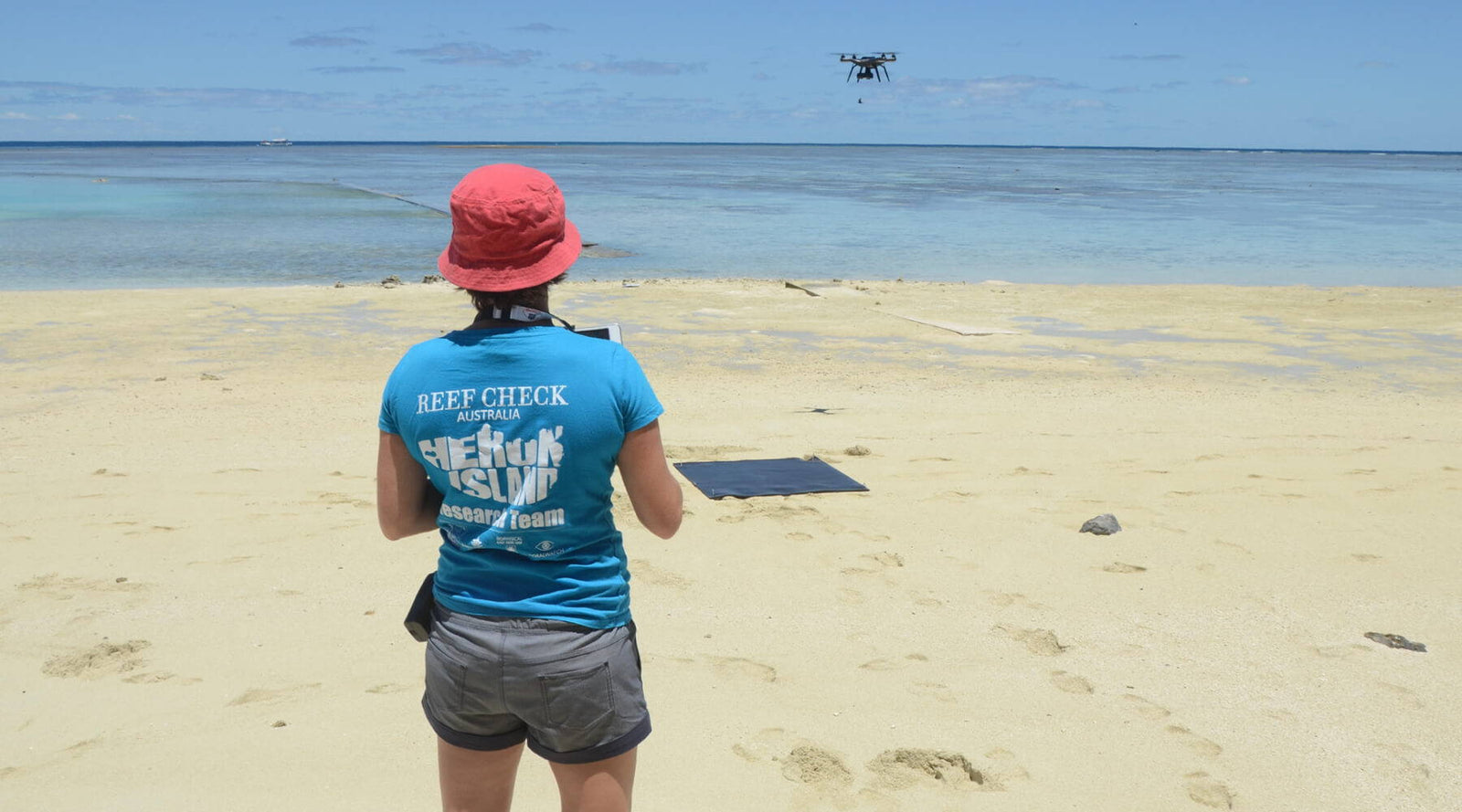
Tricia Zamora
December 30, 2025
I’m not in “the business,” but I buy pet food from a company that earned a B Corp certification this past year. Initially I was elated that I might be buying some kind of super food for my dogs, but now after reading this blog I have a better understanding of some of the terminology thrown at consumers. I learned a lot…
As a consumer, I’m often confused by terms such as “supply chain,” and what it really means. I suppose o never considered that it could involve a second or third party.
Thanks for writing this and truly being “transparent.”